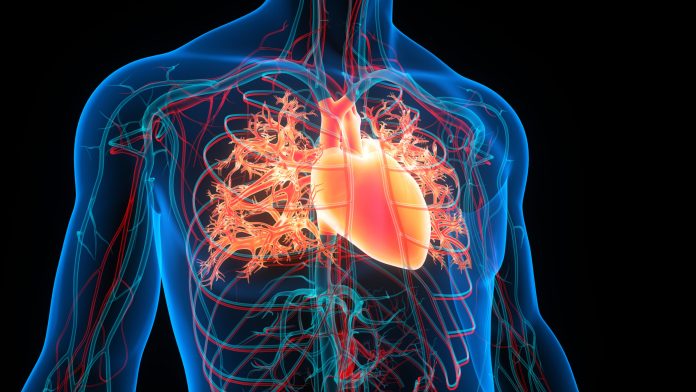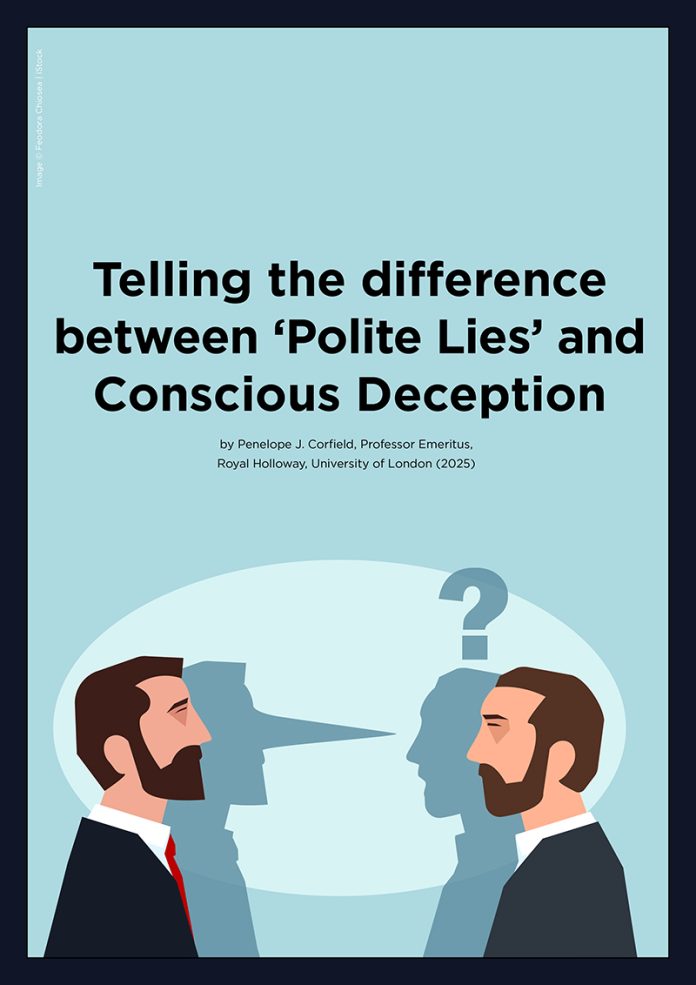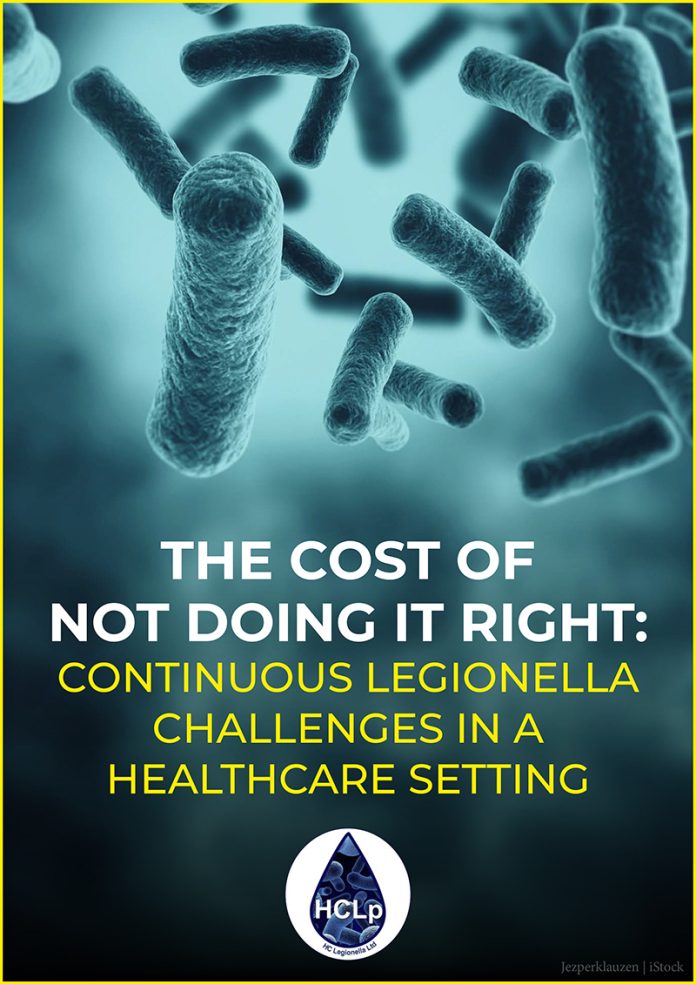Open Access Government produces compelling and informative news, publications, eBooks, and academic research articles for the public and private sector looking at health, diseases & conditions, workplace, research & innovation, digital transformation, government policy, environment, agriculture, energy, transport and more.
Home Search
statistics - search results
If you're not happy with the results, please do another search
The legacy of austerity: Have financial cuts shaped the face of anti-social behaviour?
Laura Penny, ASB & Community Safety Apprenticeship Trainer at Intelligencia Training, discusses the rising prevalence and increasing complexity of anti-social behaviour (ASB). She emphasises the importance of early intervention and the need for multi-skilled and collaborative solutions to effectively address ASB and enhance community confidence
In recent years, anti-social behaviour...
Cannabis use may double risk of death from cardiovascular disease
A new study has found that cannabis use is linked to a doubling in the risk of dying from cardiovascular disease.
Daily cigarette smoking research from the Global Flourishing Study
Sung Joon Jang from the Institute for Studies of Religion, Baylor University and Pepperdine University, shares some of the new findings about daily cigarette smoking from the Global Flourishing Study.
The role of brewing in the emerging circular economy: A case study
Freddie Ugo from Beyond Belief Brewing Co. discusses the role of brewing in the emerging circular economy by presenting a case study.
Mathematical literacy and ICT integration research in particular real-world problem-solving in education
Professor Goto Joji, an expert in mathematics education, emphasizes the need for university-level mathematics education to develop essential skills in probability, statistics, and functional reasoning, highlighting its relevance to real-world problem-solving and everyday life.
Telling the difference between ‘Polite Lies’ and Conscious Deception
The image of Auguste Rodin’s bronze statue entitled The Thinker (1904) is a powerful reminder that humans always have a lot to think about – not least the behaviour of their fellow humans. We are a tricky species. We lie and deceive one another, as well as speak honestly....
Filicide: Hope for the future
Research shows that health and welfare services are key in preventing filicide. Thea Brown, Professor Emeritus at Monash University, highlights the need for improved training and education on this issue.
Aluminium industry production: Reshoring, recycling and efficiency for increased capacity
Frederik Esterhuizen, Global Business Line Manager for Metals at ABB, discusses the future of aluminium, asserting that reshoring, recycling, and efficiency will lead to increased capacity.
Researchers identify key symptoms of long COVID in young children
A new study has examined the most common long COVID symptoms in young children, revealing that these symptoms present differently than in adults.
Ageing and eating disorders: Unique challenges and solutions
While many believe that eating disorders affect only younger individuals, older adults can also be impacted. Open Access Government examines the risk factors, signs and treatment options for older adults dealing with disordered eating.
Cutting funding for Level 7 Apprenticeships is a step backwards for gender equality
The UK government’s instinct that the Apprenticeship Levy needs reform is accurate, but its proposed changes are flawed and a step back for gender equality, explains Julie Rosborough, Deputy Head of Postgraduate Education and MBA Course Director at Nottingham Business School, Nottingham Trent University.
The common drivers and misconceptions around eating disorders
Anorexia nervosa has the second-highest mortality rate of any psychiatric disorder. Yet, the intricacies of eating disorders are too often underestimated. Nutritional therapist Kerry Beeson explains.
Mark Ferro – University of Waterloo
Dr. Ferro recieved his doctorate in epidemiology and biostatistics from Western University and completed a postdoctoral fellowship in child psychiatry at McMaster University. He held a joint appointment in the Departments of Psychiatry and Pediatrics at McMaster Univeristy prior to being appointed the Canada Research Chair in Youth Mental...
Rethinking papillary thyroid cancer: Why “low risk” isn’t always low impact
Oliver Bathe, Professor of Surgery and Oncology at the University of Calgary and CEO of Qualisure Diagnostics, urges us to rethink papillary thyroid cancer, noting that “low risk” isn’t always synonymous with low impact.
Progress on expanding maternal mental health services at risk, warns Royal College of Psychiatrists
New analysis from the Royal College of Psychiatrists (RCPsych) finds that almost two-thirds of Integrated Care Boards in England planned real-terms cuts to funding for perinatal mental health services in 2024-2025.
New algorithms help GPs predict patients with undiagnosed cancer
Two advanced predictive algorithms can help accurately predict a patient's chances of having undiagnosed cancer.
The cost of not doing it right: Continuous Legionella challenges in a healthcare setting
HC Legionella Ltd Authorising Engineer (Water) shares past experiences and outlines what is meant by ‘managing through to resolution’.
$2.7 Million NIH grant fuels development of first comprehensive syphilis test
Amidst a stark rise in US syphilis cases, researchers have secured a $2.7 million NIH grant to develop the first comprehensive, rapid test for active infection that aims to deliver accurate results within 10 minutes.
Key stakeholders unite to drive growth in Scotland’s agri-food sector
Today (30 April 2025), Scotland Office Minister Kirsty McNeill hears from sector experts on barriers to growth in the Scottish agri-food supply chain.
Prioritising healthcare communication in maternity care
With a focus on maternity care, Maria Rowntree, Community Midwife Team Lead, explores why healthcare communication improvement must become a priority in NHS goals.





















